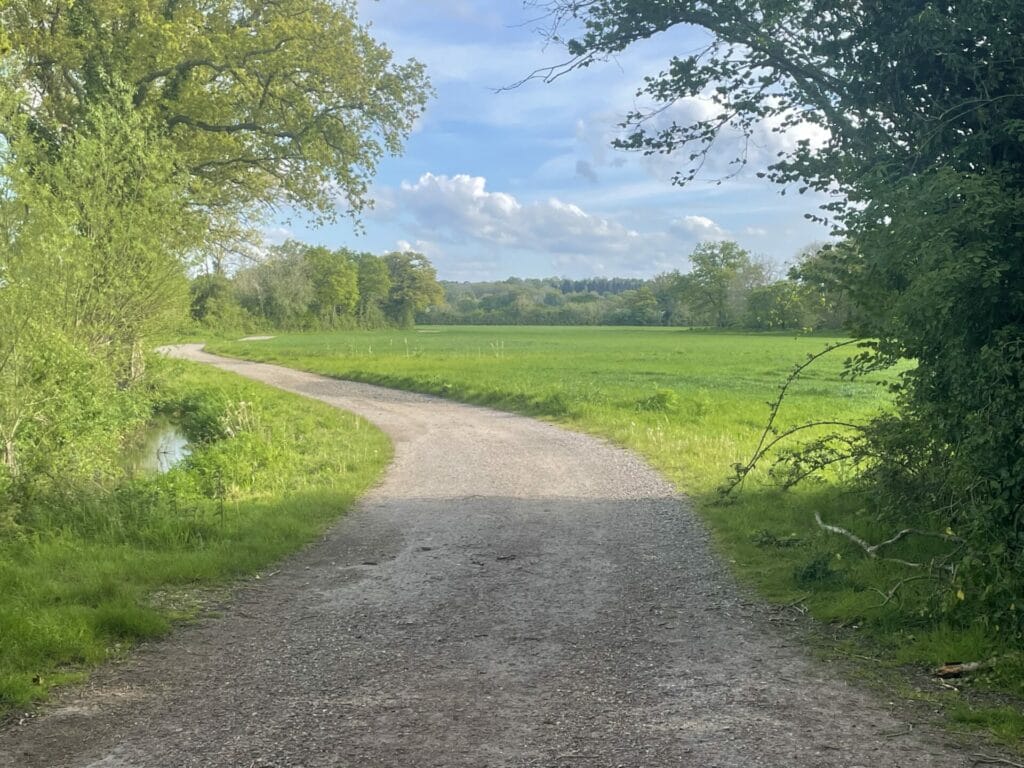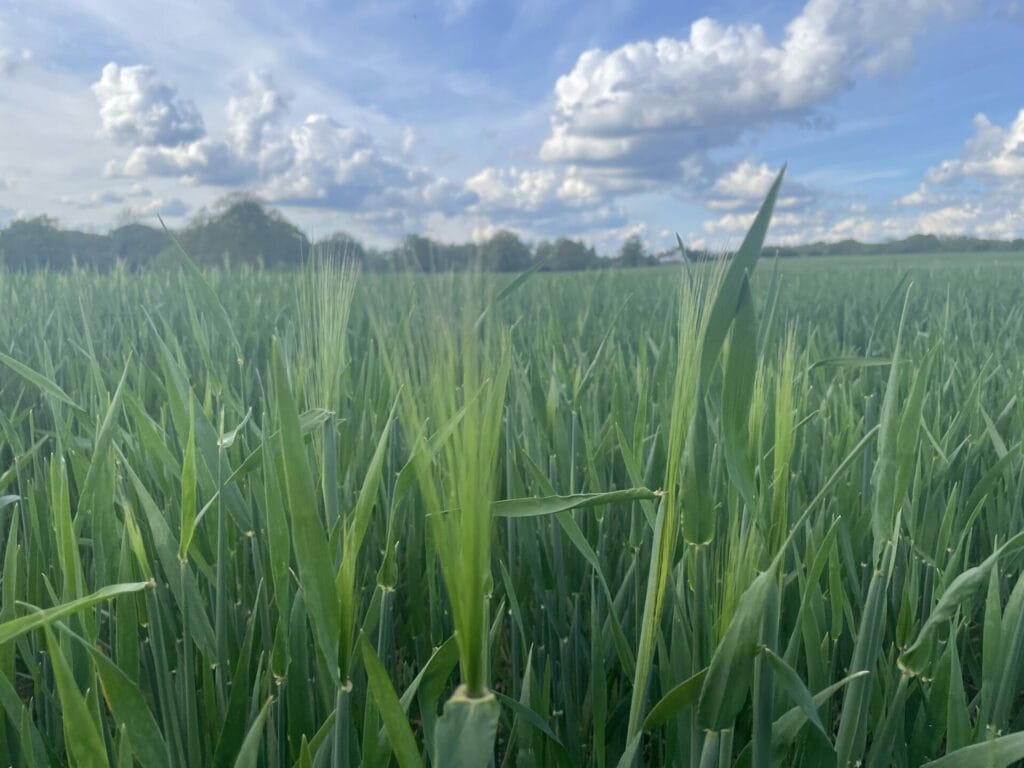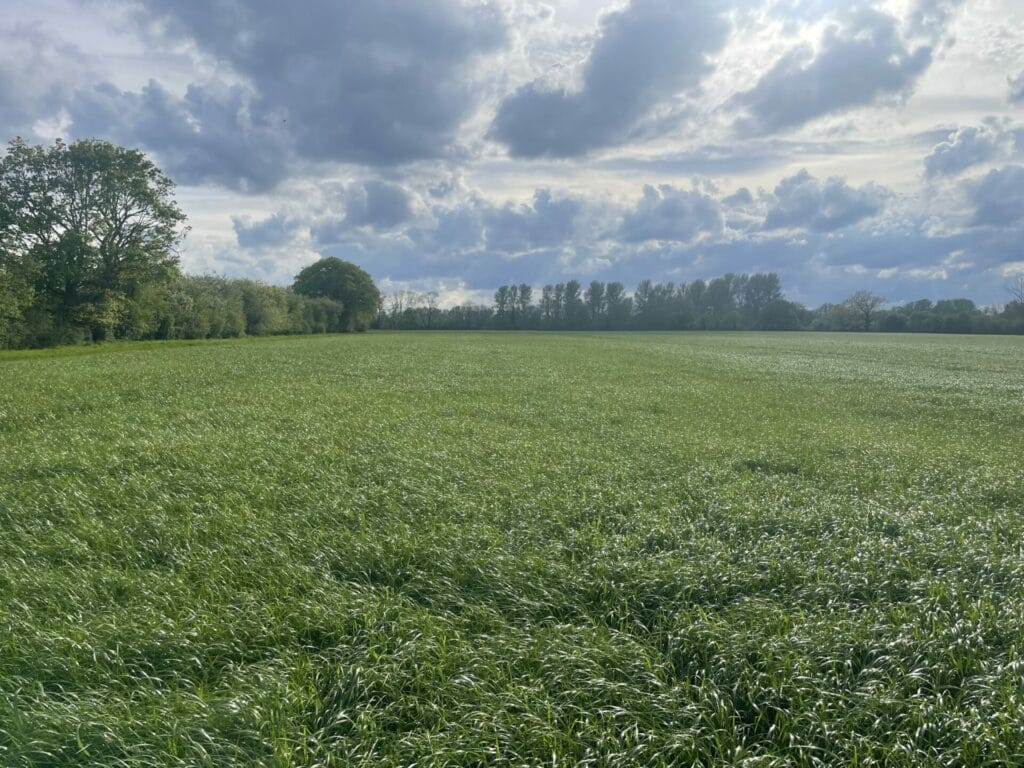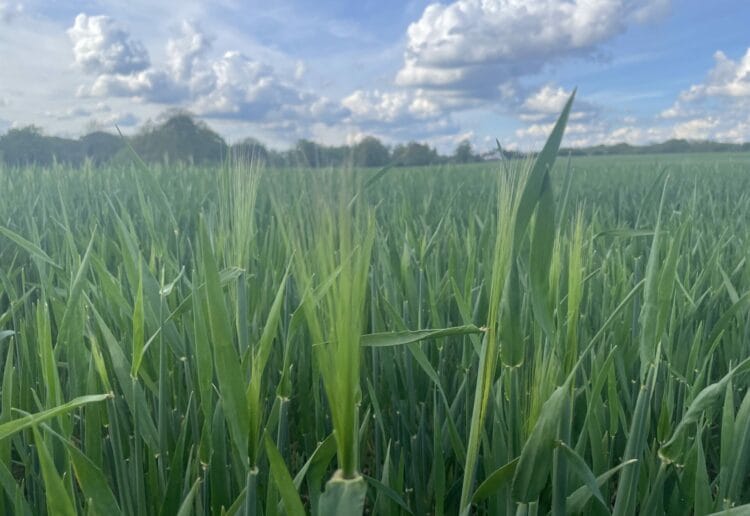THE UNIVERSITY of Reading has finished its acquisition of a farm in Farley after agreeing a “comprehensive” plan to transform food and farming.
An investment plan for further research in agriculture has seen the university close the deal, worth around £16 million, on Tanners Farm, near Arborfield.
The 635-acre site, which includes pasture, arable land, and woodland, is around five miles south of the Whiteknights campus and near existing farming facilities at Hall Farm.
It comes as the university looks ahead to the Agrifood Futures Strategy, which will extend the university’s farming resources and continue more than a century of agricultural research and education.
The acquisition was funded through long-term capital investment, which the university has said was “broadly unchanged” following the purchase, joining a number of agricultural facilities run by the university around Reading.

These include mixed farmland and facilities in Arborfield, Shinfield, and Sonning, as well as the International Cocoa Quarantine Centre on Whiteknights Campus.
The overall strategy aims to focus on a global approach to agriculture and grown food, providing healthy and sustainable food options for people around the world.
It follows initiatives to promote health and wellfare of livestock, boost the population of pollinating insects, develop bovine TB vaccines, cut greanhouse emissiones, and support cocoa farmers in tackling disease.


Professor Robert Van de Noort, Vice-Chancellor of the University of Reading, said: “The study of food and farming has been at the heart of the University’s work for more than a century. This new strategy will secure the future of agriculture at Reading for the next century to come.
“Our mission is to develop new methods and partnerships that will transform the way healthy, sustainable food is produced in Britain.
“This is another important step to raise Reading’s position among the world’s best for agricultural research. In time, this strategy and additional farmland will give our researchers the ability to find answers to critical questions of food security and sustainability. It will provide our students with hands-on experience as they train to become our future food growers and the stewards of the countryside.”
























